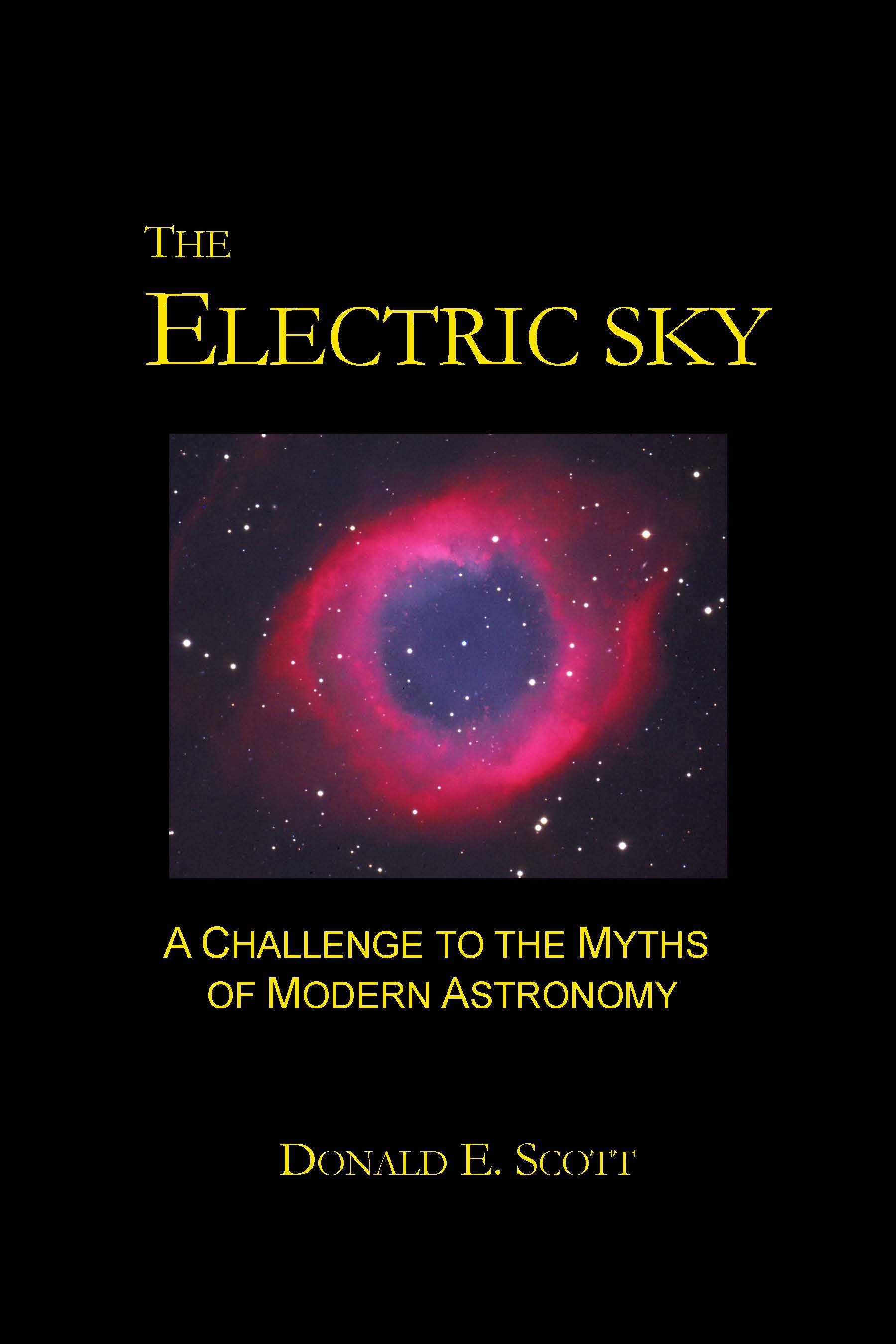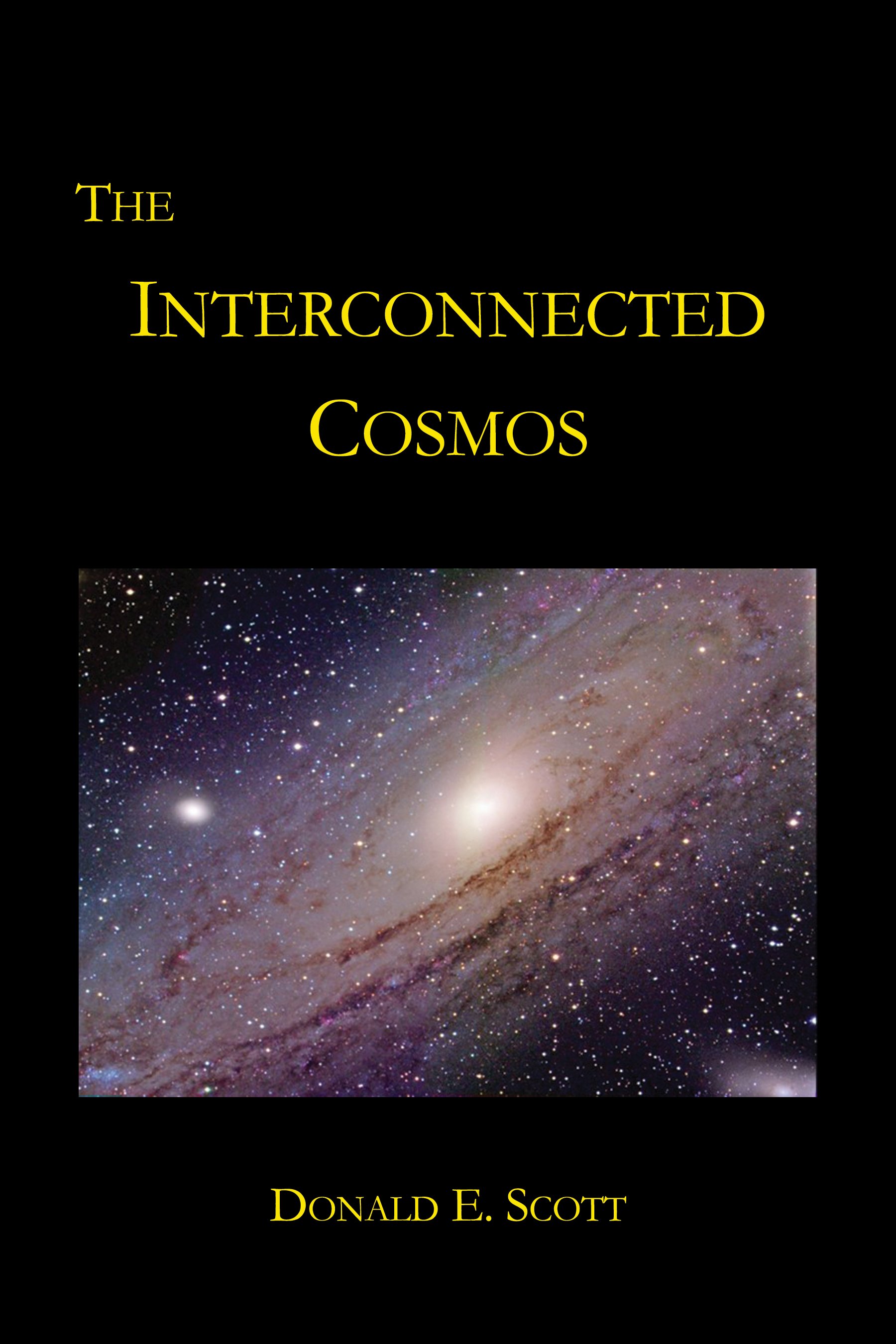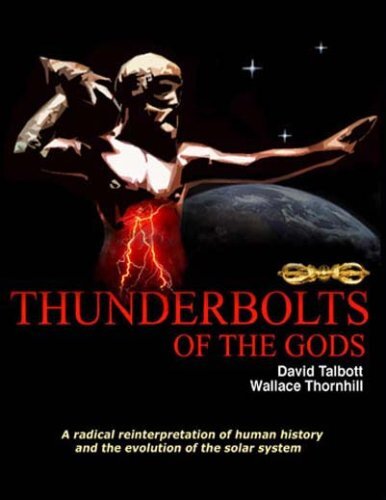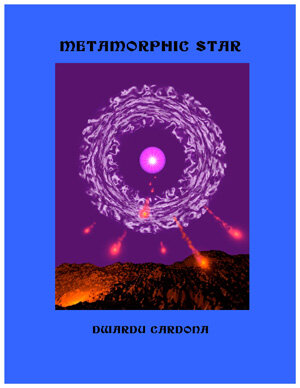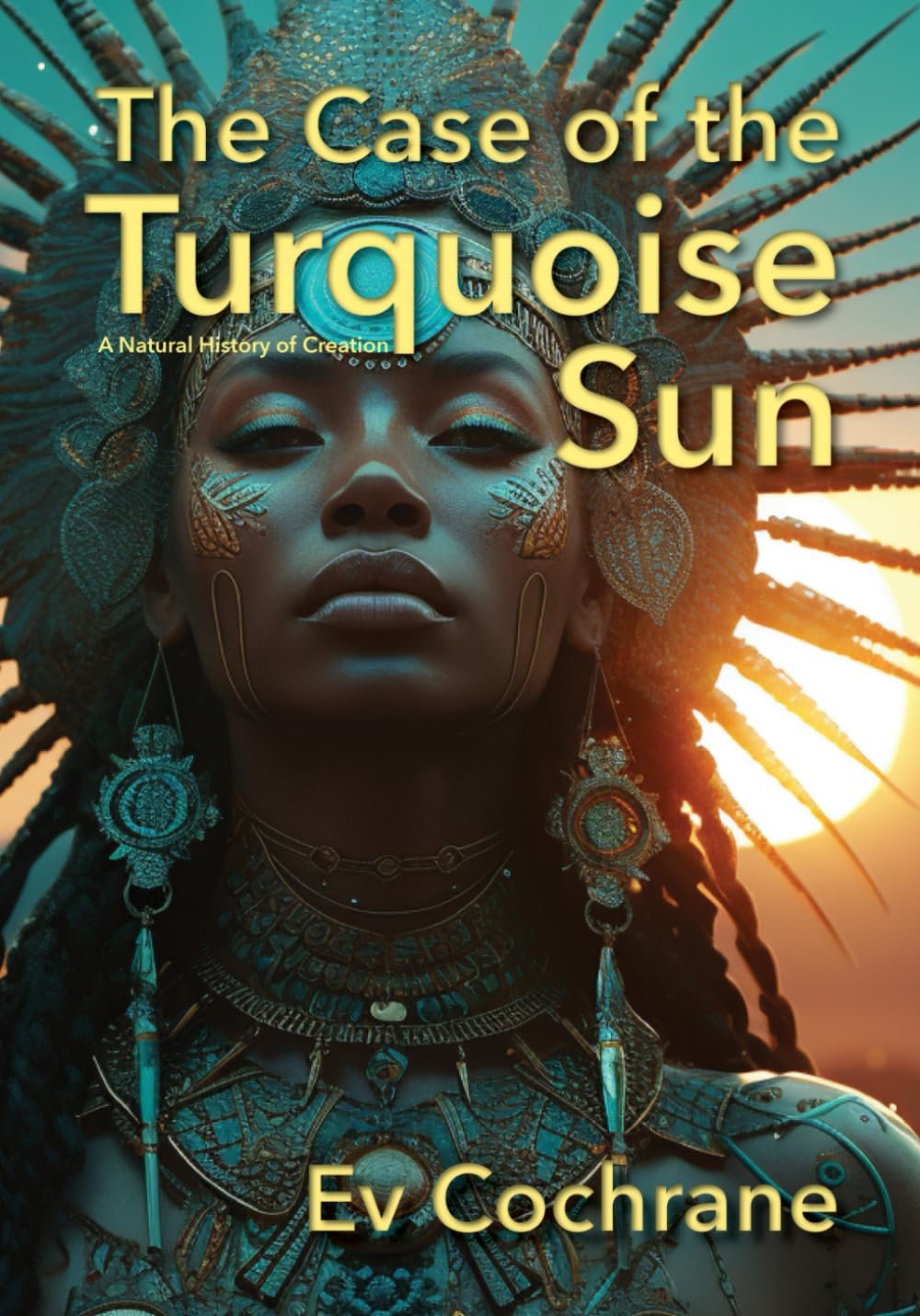Nonscience Returns
Author: Brian J. Ford
Review of Nonscience Returns by Wallace Thornhill
I first came upon Brian J. Ford the polymath when he touched on my interest in electrical phenomena in astronomy. In the Journal of the British Interplanetary Society, ‘Spaceflight,’ in January 1965 he showed compelling experimental evidence of electrical cratering matching crater features on the Moon. It was ignored because experts know "there is electricity in space, but it doesn't do anything." I predict this belief by experts will become the standard joke about the Big Bang creation myth of the 20th century. In Nonscience Returns Brian updates his earlier book on Nonscience, showing his predictions in 1971 have come true in this era of showbiz science and “fake news.” He nostalgically farewells the multidisciplinary classical scholars who were far more successful at science before the 20th century. Major scientific breakthroughs then often came from ‘eminent outsiders’ and keen experimenters like Faraday the bookbinder. Brian notes experts now rule the world and forbid such incursions. The book is an easy to read and often humorous handbook on how to succeed in this hostile environment. I recommend it as an antidote to Nonscience.
********************************************************************************************************************************
The original Nonscience dates from 1971, and caused a sensation. It was translated, featured on television, and enthusiastically reviewed. To cele¬brate its fiftieth birthday it is being republished, with updates for each chapter to show how its predictions came true―and the COVID-19 pandemic makes it particularly timely.
This extraordinary book reveals a world dominated by Experts. For these all-powerful people, public image and media exposure are all that matters. Scientists, devoted to discovering the truth, have been superseded by Experts who use confusing language to dominate us and lay claim to colossal grants in their quest for power. Integrity and objectivity are gone; opportunism and duplicity reign.
Experts study weird things, like a bird called Bugeranus, a fungus Spongiforma squarepantsii, a beetle called Agra cadabra, and Pieza rhea, a fly. They are all real! There are articles like ‘Fifty Ways to Love Your Lever’ and ‘Fantastic Yeasts and where to find Them’, and papers with multiple authors (in 2015 Nature published one with 5,154 authors). Encyclopaedias copy facts from each other, and are dotted with mistakes, so you will find biographies of Dag Henrik Esrum-Hellerup and Lillian Virginia Mountweazel―in-vented to fill the pages. Neither was real.
Experts prey on the public who are ignorant of what’s going on and they ensure that we are surrounded by fake news. The Amazon is not the ‘lungs of the world’ (it contributes no oxygen whatever to our atmosphere) and our hysteria about plastic is similarly misplaced.
British people say they don’t want American chicken, and wouldn’t eat chlorine-washed food. Yet they do, every day. People follow those bake-off programmes, though the fatty food they promote kills people. Ford believes these shows should have a health warning and is surprised we don’t have the ‘Great Tobacco Smoking Challenge’ or the ‘Blindfold Railway-Crossing Elimination Game’.
This book should be read by everybody wishing to understand the modern world. Huge enterprises (like the Human Genome Project and the Large Hadron Collider) have conned us out of billions of pounds, while smaller teams had better results at a fraction of the cost. It is time to call a halt to this global confidence trick―and Nonscience Returns is the book that will guide us.
Author: Brian J. Ford
Review of Nonscience Returns by Wallace Thornhill
I first came upon Brian J. Ford the polymath when he touched on my interest in electrical phenomena in astronomy. In the Journal of the British Interplanetary Society, ‘Spaceflight,’ in January 1965 he showed compelling experimental evidence of electrical cratering matching crater features on the Moon. It was ignored because experts know "there is electricity in space, but it doesn't do anything." I predict this belief by experts will become the standard joke about the Big Bang creation myth of the 20th century. In Nonscience Returns Brian updates his earlier book on Nonscience, showing his predictions in 1971 have come true in this era of showbiz science and “fake news.” He nostalgically farewells the multidisciplinary classical scholars who were far more successful at science before the 20th century. Major scientific breakthroughs then often came from ‘eminent outsiders’ and keen experimenters like Faraday the bookbinder. Brian notes experts now rule the world and forbid such incursions. The book is an easy to read and often humorous handbook on how to succeed in this hostile environment. I recommend it as an antidote to Nonscience.
********************************************************************************************************************************
The original Nonscience dates from 1971, and caused a sensation. It was translated, featured on television, and enthusiastically reviewed. To cele¬brate its fiftieth birthday it is being republished, with updates for each chapter to show how its predictions came true―and the COVID-19 pandemic makes it particularly timely.
This extraordinary book reveals a world dominated by Experts. For these all-powerful people, public image and media exposure are all that matters. Scientists, devoted to discovering the truth, have been superseded by Experts who use confusing language to dominate us and lay claim to colossal grants in their quest for power. Integrity and objectivity are gone; opportunism and duplicity reign.
Experts study weird things, like a bird called Bugeranus, a fungus Spongiforma squarepantsii, a beetle called Agra cadabra, and Pieza rhea, a fly. They are all real! There are articles like ‘Fifty Ways to Love Your Lever’ and ‘Fantastic Yeasts and where to find Them’, and papers with multiple authors (in 2015 Nature published one with 5,154 authors). Encyclopaedias copy facts from each other, and are dotted with mistakes, so you will find biographies of Dag Henrik Esrum-Hellerup and Lillian Virginia Mountweazel―in-vented to fill the pages. Neither was real.
Experts prey on the public who are ignorant of what’s going on and they ensure that we are surrounded by fake news. The Amazon is not the ‘lungs of the world’ (it contributes no oxygen whatever to our atmosphere) and our hysteria about plastic is similarly misplaced.
British people say they don’t want American chicken, and wouldn’t eat chlorine-washed food. Yet they do, every day. People follow those bake-off programmes, though the fatty food they promote kills people. Ford believes these shows should have a health warning and is surprised we don’t have the ‘Great Tobacco Smoking Challenge’ or the ‘Blindfold Railway-Crossing Elimination Game’.
This book should be read by everybody wishing to understand the modern world. Huge enterprises (like the Human Genome Project and the Large Hadron Collider) have conned us out of billions of pounds, while smaller teams had better results at a fraction of the cost. It is time to call a halt to this global confidence trick―and Nonscience Returns is the book that will guide us.
Author: Brian J. Ford
Review of Nonscience Returns by Wallace Thornhill
I first came upon Brian J. Ford the polymath when he touched on my interest in electrical phenomena in astronomy. In the Journal of the British Interplanetary Society, ‘Spaceflight,’ in January 1965 he showed compelling experimental evidence of electrical cratering matching crater features on the Moon. It was ignored because experts know "there is electricity in space, but it doesn't do anything." I predict this belief by experts will become the standard joke about the Big Bang creation myth of the 20th century. In Nonscience Returns Brian updates his earlier book on Nonscience, showing his predictions in 1971 have come true in this era of showbiz science and “fake news.” He nostalgically farewells the multidisciplinary classical scholars who were far more successful at science before the 20th century. Major scientific breakthroughs then often came from ‘eminent outsiders’ and keen experimenters like Faraday the bookbinder. Brian notes experts now rule the world and forbid such incursions. The book is an easy to read and often humorous handbook on how to succeed in this hostile environment. I recommend it as an antidote to Nonscience.
********************************************************************************************************************************
The original Nonscience dates from 1971, and caused a sensation. It was translated, featured on television, and enthusiastically reviewed. To cele¬brate its fiftieth birthday it is being republished, with updates for each chapter to show how its predictions came true―and the COVID-19 pandemic makes it particularly timely.
This extraordinary book reveals a world dominated by Experts. For these all-powerful people, public image and media exposure are all that matters. Scientists, devoted to discovering the truth, have been superseded by Experts who use confusing language to dominate us and lay claim to colossal grants in their quest for power. Integrity and objectivity are gone; opportunism and duplicity reign.
Experts study weird things, like a bird called Bugeranus, a fungus Spongiforma squarepantsii, a beetle called Agra cadabra, and Pieza rhea, a fly. They are all real! There are articles like ‘Fifty Ways to Love Your Lever’ and ‘Fantastic Yeasts and where to find Them’, and papers with multiple authors (in 2015 Nature published one with 5,154 authors). Encyclopaedias copy facts from each other, and are dotted with mistakes, so you will find biographies of Dag Henrik Esrum-Hellerup and Lillian Virginia Mountweazel―in-vented to fill the pages. Neither was real.
Experts prey on the public who are ignorant of what’s going on and they ensure that we are surrounded by fake news. The Amazon is not the ‘lungs of the world’ (it contributes no oxygen whatever to our atmosphere) and our hysteria about plastic is similarly misplaced.
British people say they don’t want American chicken, and wouldn’t eat chlorine-washed food. Yet they do, every day. People follow those bake-off programmes, though the fatty food they promote kills people. Ford believes these shows should have a health warning and is surprised we don’t have the ‘Great Tobacco Smoking Challenge’ or the ‘Blindfold Railway-Crossing Elimination Game’.
This book should be read by everybody wishing to understand the modern world. Huge enterprises (like the Human Genome Project and the Large Hadron Collider) have conned us out of billions of pounds, while smaller teams had better results at a fraction of the cost. It is time to call a halt to this global confidence trick―and Nonscience Returns is the book that will guide us.
Book Reviews
Aur Esenbel, 2020, review and interview on Nonscience Returns, The Intricacies and Fantastic Habitual Mnemonic Confabulations of Experts, I thoroughly enjoyed reading Nonscience Returns but alas my brain just had a bout of sphenopalatine ganglioneuralgia' Daily Squib, 1 October.
Peter Hollands, 2020, review of Nonscience Returns, 'this book is witty and a great read [and] carries an important message', [on] LinkedIn, 1 October.
Timothy Arden, 2020, report and interview on Nonscience Returns, 'just as insightful and bitingly funny as that of its predecessor', The London Economic, 1 October.
Michael Sutton, 2020, review of Nonscience Returns: 'I love this book. It is brilliant' online, and on the Amazon Books site, 1 October.
PeakReview, 2020, review of Nonscience Returns: 'This book should be read by everybody' Amazon Books site, 1 October.
Brian Clegg, 2020, review of Nonscience Returns: 'Ford is great at bringing down pomposity and irrelevance' Popular Science blog, (see also on Amazon Books site), 1 October.
Peter Hollands, 2020, review of Nonscience Returns: 'This is by far the most entertaining, incisive and satirical book I have ever read about science' Amazon Books site, 4 October.
Ofah, 2020, review of Nonscience Returns: 'This is a fascinating, amusing, and brilliant book Amazon Books site, 5 October.
Rijkert Knoppers, 2020, Wetenschappelijk jargon doorgeprikt, (review of Nonscience rweturns) in Dutch, De Leeslub van Alles ('Readng Club for Everythng'), 5 October.
BJF, 2020, Don't Believe the Nonscience, The European: 114, Autumn edition, 16 October (see also: print version).
Jeremy Davis, 2020, The Amazon is Nobody's Lung, press release on Nonscience Returns by PR Fire, 30 October (see also: screen grab).
BJF, 2020, Nonscience Returns - you can get away with anything on TV, Laboratory News, (see also: screen grab). online, 2 November.



